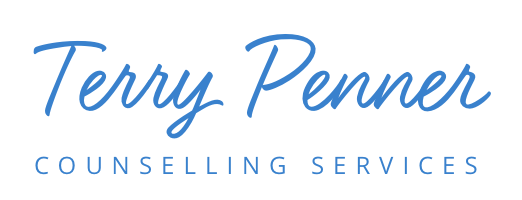Recovering From Addiction
Recovery from any addiction is best achieved in a supportive environment where the client is free to discuss their progress without judgement or criticism.
For many, attendance at 12 step groups such as AA meets many of these needs. Others require more individual attention and opportunity to either develop a relapse management plan and/or to explore more personal issues that impacted their addiction. Individual private counselling can offer an opportunity to be understood and supported through any number of changes that may not be possible to discuss in a group setting. Many clients find that both support groups like AA in combination with individualized private counselling can be an ideal recovery plan.
Once abstinence has been achieved successful recovery will depend on many factors:
- lifestyle changes that support recovery (e.g. modifying or changing peer group, regular exercise and stress management)
- a respect for the problem (recognition that life gets unmanageable when the addiction is present)
- regular monitoring of high-risk situations, moods, and "addictive thinking" where the individual starts to think that "one drink won't hurt" or "I will just place one bet and leave" etc
- regular follow up with either a support group and/ or follow up in counselling over a period of at least one year.
Addiction is least likely to return if the above points are honoured.
The Addiction Recovery Process
Recovery from addiction is considered an ongoing process that does not end at 3 months or one year. A majority of the changes that are needed to promote mental and physical health are made in the first year but the individual needs to monitor and respect the nature of the addictive process throughout life. For some, regular attendance at a support group like AA is sufficient to maintain continued abstinence. Support groups are free and it is hard to come up with a good reason to not go; particularly as there are so many groups offering meetings at various times throughout the day and night. For others who prefer not to attend support groups, more personal vigilance is still required. Checking in with a counsellor even after one, two or even five years of recovery is a good practice. It is not uncommon for many clients to come in for "check-ups" well into their 5th or 10th year of recovery.,/
Addiction Counselling in Calgary
Private counselling is available in Calgary for both the individual with the addiction problem as well as family members who are trying to cope with the addicted individual. Addiction counsellors need to have an in-depth knowledge of the nature of addiction, how addiction affects family members, intervention skills, and general counselling skills/knowledge similar to counsellors in other related fields (e.g. individual, marital and family therapists).
Addiction is a separate and unique problem and knowledge of the nature of addiction is necessary in order to work effectively with either the individual or those connected to the individual. Addiction counselling focuses on first the nature and extent of the addiction pattern, the history of the problem and what intervention level will be required to arrest the addiction. For example, does the individual require an in-patient program, detoxification, or can they work through the addiction with outpatient (i.e. counselling) support only? Other problems that surround or pre-date the addiction are always addressed secondly such as marital conflict or work-related stress.
Addiction counselling needs to support both the individual and those connected to the person with the addiction problem. In supporting the individual with the addiction the counsellor needs to both show an understanding of the problem as well as guide that individual through the various stages of denial or struggle with acceptance around the nature of the addiction. Intervention may mean at times pointing out self-deception that supports the addiction, (e.g. "drinking helps me relax") or rationalizations over control of the addiction pattern (e.g. "If I am careful I can stop myself after two drinks"). Other times intervention may simply be non-judgemental and empathic to the individual's struggles when family members are angry and fed up with the addiction person's behaviour.
Family members may need to be coached in how to approach the addicted individual, what to avoid doing and in general understand that they are not the cause of the addictive behaviour. Families have typically lost patience and objectivity sometimes believing that they are the cause of the addiction especially when the addicted individual suggests that they are the cause and if treated better they wouldn't drink/gamble etc. In this way families and others who are close to the addicted individual need support in order to regain objectivity and their own sanity.
Addiction counselling also includes helping the addicted individual address other issues that may pre-date the addiction, for example, relationship problems, low self-esteem, and inadequate stress management. Addiction counselling can help facilitate a deeper understanding of emotions and behaviour and support changes that will lead to higher levels of mental and physical health. In order to have a "healthy" sobriety either from substances or process addictions such as gambling, it is helpful to have a deeper understanding of self that may be hard to achieve if one does not "dig a little deeper". It is not sufficient to simply stop whatever addiction pattern that has been problematic.
